
We kindly inform you that, as long as the subject affiliation of our 300.000+ articles is in progress, you might get unsufficient or no results on your third level or second level search. In this case, please broaden your search criteria.

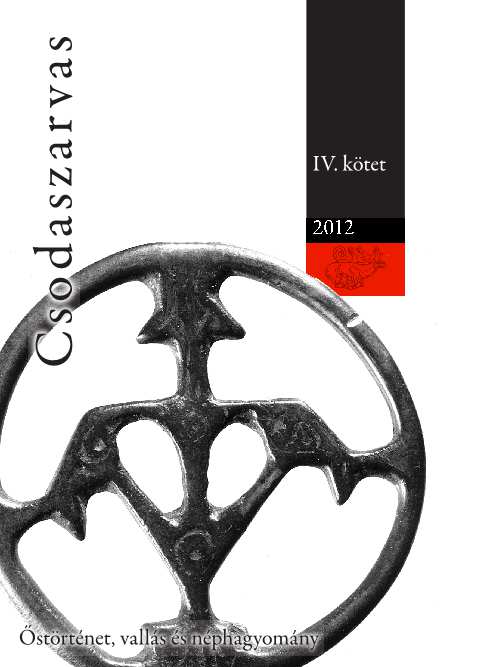

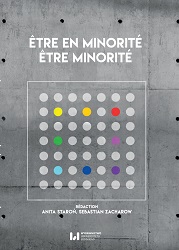
In his plays Jean Anouilh often raised the issues of discrimination, intolerance and the dominance of certain social groups over others. Minorities, however, were commonly portrayed in a negative light, and their striving for equality was mocked. It is not surprising then, that the attitude of the author aroused some controversies.In several of the plays which were analysed in this article, Anouilh in an interesting manner reverses the dominance dynamics between the minority and the majority to reveal certain universal truths about humans. He shows in a satirical way what happens when minority groups neglect or intentionally violate the rights of others in their efforts to achieve equality. Once oppressed they become the oppressors. That leads to the vicious-circle effect and the lack of social order. It seems that Anouilh postulates compromise and mutual tolerance between minorities and the majority, because, according to him, only on the basis of these two values can social justice be built.
More...
A major figure in the Quebec Theater, Marcel Dubé belongs to the generation of the playwrights that introduces the francophone theater to French Canada. Born in 1930, contemporaneous with Michel Tremblay, Jean Barbeau, Antonine Maillet and Michel Garneau, becomes known to the public at large by his play Zone, written in 1953, in a period of a “great political and economic darkness”. Subsequently, Florence from 1957 and An ordinary soldier from 1958, depict a minority of young disadvantaged people; a francophone minority facing all powerful Anglophones. The main characters of these three plays as representatives of an entire generation in the history of Quebec, serve us as an example in order to show a certain reality of francophone Canada.
More...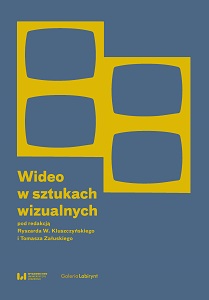

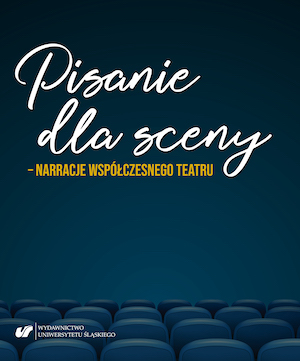
The art icicle constitutes a case study in the area of writing for the stage. Projekt V. is a theatrical enterprise created by Ewa Kaczmarek (alias: Laura Leish). It comprises spectacles Wera V. and Elise V.; which are inspired by the contents of three hundred and three postcards found in the collection of the University Library in Poznań. The artist’s project is an example of correlation of many materials in the newest performing arts; of writing for the stage in the aspect of the performative process of creating a spectacle. The “case” presented here belongs to various themes proposed for consideration: from the methods and conventions of writing for the stage in modern theatre; through adaptational strategies of theatre writers and the theatrical text as a tool for critical consideration of reality; to perfomative text construction or para-verbal narrations. In her project; Ewa Kaczmarek discourses with the tradition of writing for the stage; individual history and women’s narratives. Her actions are based on searches within the frameworks of the text; she deconstructs it; employs the principles of collage; palimpsest; compilation; the poetics of a remix and recycling. She is not averse to narrative experiments. Constructing of texts has a performative character here; a heteronomous composition of words; gestures; audiovisual images/projections is created.
More...
The subject of the article is the evolution of a traumatic historical testimony into theatrical material. Its main purpose is an attempt at demonstrating the complex relations between three levels of narrative: a tale of the historical event (confessions of participants and the families of the deceased during the Afghanistan war of 1979–1989); a quasi-literary text of the reportage (Svetlana Alexievich’s Boys in Zinc) and a stage production (Boys in Zinc directed by Jakub Skrzywanek in Jerzy Szaniawski Theater in Wałbrzych). It is possible to visualize and interpret the meaning of an event only when it is rid of the amorphous element of “now” and becomes a finite “once.” The story of “boys in zinc;” the veterans of Soviet-Afghan war became a subject of literary and theatrical discourse; in both cases it acquired a different structure; was created according to different selection criteria. Attention should also be given to the construction of time in the production; which constitutes at attempt at reconciling several time registers with the theatrical convention of “here and now.” The awareness of historical truth and an immediate contact with the real physicality of the body of an actor turns the audience into a witness of terrible confessions in grotesque stylistics of Soldier’s Song Festival in Kołobrzeg.
More...
Weak thought works very well in different areas of contemporary aesthetics, including Polish theater, which does not lack for elements of fragility and apparent deficiencies, as well as weak entities – on the level of both form and the selection of themes. The article is an attempt at applying tools created by weak thought to the theory and interpretation of contemporary Polish theatre and drama on the example of the production Holzwege by Marta Sokołowska, directed by Katarzyna Kalwat (premiered 15th of January 2016 at TR Warszawa). The biography of a composer Tomasz Sikorski becomes a pretext for philosophical reflections over the subject of death, and as such becomes a treaty on the ontology of weak subjectivity. As a metatheatrical narrative, Holzwege revises the basic theatrical categories. The author conducts her case study mainly on the basis of the figures of the trace and the weak subject, researching their influence on the construction of theatrical narrative and stage character. Creating a definition of a weak character, she reaches to the theories of Gianni Vattimo and Constantin Noica, popularized in Poland by a literary scholar Andrzej Zawadzki in, among other works, the book Literatura a myśl słaba [Literature and Weak Thought], as well as classical and contemporary reflections over dramatis personae.
More...
The article reflects over the newest Polish theatrical plays; whose authors have in different ways utilized biographies of famous people. The presence of numerous works of this kind suggests a biographical trend in contemporary Polish theatre. The plays which refer to life-stories of extraordinary heroes of history or culture were created with regard for different source data; including both earlier biographical publication and many common opinions circulating in our cultural context. Interesting and somewhat paradoxical is the fact that the work of their authors who employ biographical material in writing for the stage often combines archeological meticulousness in referring to sources with creativity in its processing/composing.Jan Czapliński’s text Zapolska Superstar serves as an example of dominant compositional strategies of biographical plays: self-referentiality of the message; the confrontation of different kinds of discourses as a distinguishing factor of the verbal material of a text; the manifestation of the authorial perspective and composing the plot as a process of recreating/happening of individual biography. Due to these qualities of works designed for the stage; it can be stated that already at the level of textual recording a “performance of biography” is created; which then develops independently on two planes: in the act of individual reading and in the actor’s performance of words/actions of a character during a stage production.
More...
Med a prach is a theater group which simply uses the term “stage works” to refer to its intermedial and intertextual productions. These are post-traditional theatrical forms; which combine traditional genres and theatrical elements with new perspectives (for instance; theateroratory; theatre-sound concert; performance as instrumental and vocal movement composition with an epic narrative ground). They employ means from a range of many arts (music; live painting; performance; literature); frequently tackling abstract subjects such as human and Christian values; beauty; monstrosity; faith. The scripts (librettos) take the form of varied collages. There; we find song lyrics; folk ballads; fragments of famous literary works; notes on musical motifs; dance or movement sequences; possible mise-en-scene and score solutions; employment of props; visual elements; comments on the effects of the role of the visual aspect on the audience; etc.The text of the librettos has a lose structure; and is; by assumption; an inspiration (an initiating interpretation of the subject) during the collective process of rehearsals. In case of words; it is not their univocal meaning which is of greatest importance; but their hidden melody; emotional colour and associations.
More...
The text is devoted to different strategies of working with texts which belong to the historical and theatrical canon. The point of departure is constituted by the competition “Classics alive” and – in consequence – the understanding of the classics which the competition forced upon theatres and artists; and the attempt to break this traditional frame. Writing for the stage is understood here as a number of interventions – interfering with the text in case of an adaptation; breaking the frame of the production; and as such; entering into a relation with the social reality. The author attempted to demonstrate that an intervention at each of these stages serves; at the end of the day; to broaden the field of play and to break the theatricality; to reveal it as a certain convention. Thus; I write about Forefather’s Eve of Michał Zadara and Radosław Rychcik; Catherine the Great and Towiańczycy. Krolowie Chmur (The Towanians. Cloud Kings) of Jolanta Janiczak and Wiktor Rubin. The most spectacular example of such interventions in the recent times is; naturally; The Curse by Oliver Frljić; the repertoire of textual intervention strategies which resonate into the social reality is; of course; much broader. According to the author; this strategy has the greatest power; allows for responding to the extra-theatrical reality and infects the spectacle with it; but also vice versa – theatrical interventions become a virus released into the social order.
More...
The article; referring to the reception of The Curse directed by Oliver Frljić and The Painted Bird directed by Maja Kleczewska; constitutes a discussion of ideological debates conducted in the area of culture in Poland. The clash of the conservative and liberal visions of politics resulted here in the so-called “war for culture;” which is particularly apparent in context of institutionalized theatre. The author; relating to the programme declarations of artists; notices that the way in which they treat art is connected with their worldview. It influences not only the formal organization of stages or the content presented there; but also the poetics of spectacle; which results from a particular attitude of artists and organizers of the scenic art towards the theatrical text. In the conservative version; this means being faithful to the author; in the liberal – respecting the performative openness written into the practice of post-dramatic theatre. The author indicates; on the other hand; that the dramatic; colliding different visions; reveals itself at different levels of the spectacle. Realizing the main task of art; i.e. undermining the discourses dominant in the contemporary world; vector narrations collide together diametrically opposed view. Thus they contribute to revealing “the drama of our times” (Theodor Adorno) and dispose of the aesthetic formula of art in favour of engagement. Making use of the dramatic tensions within the portrayed world; as well as between the presented content and the audience’s expectations; they show the possible multiplicity of voices and activate the viewers – they force them to make individual interpretative choices.
More...
The article constitutes a reflection over the roles and functions of history in the space of contemporary art and theatre. The author asks which strategies and artistic and political practices are involved in constituting history as knowledge and as material for staging (theatrical, social). On the example of the theatrical works of the duo Janiczak-Rubin, and in particular the spectacle Żony stanu, dziwki rewolucji, a może i uczone białogłowy [Stateswomen, Sluts of Revolution, or the Learned Ladies], the author analyses the mechanisms of community building among the audience through the history working on stage.Analyzing the artistic historical montages, found footage films and strategies of writing on theatre and theatrical spectacles, the author describes the models of assembling and deconstructing history in modern discourses and artistic practices. She reflects upon the issue of engaging the audience into public space, the participative role of art and theatre and the alliance of the public life with the theatrical medium. The article also considers the roles and functions of theatre in manipulating national and communal identity, its negotiative power over identity politics.
More...
The idea of the viewer’s emancipation in theatre is gaining on popularity. Artists make use of the audience’s presence; provoking it to various actions and interactions. In place of the spectacle understood as a text to be read; artists propose an event; characterized by unforeseeable meanings and behaviour; which result from the interaction between the artists and the audience. The viewer is also someone who produces meanings; though his/her level of engagement may differ. In consequence; the course of the spectacle is dependent both on the artists and on the audience’s readiness to engage. This mode of theatre is by Josette Féral named “performative theatre.” Hans-Thies Lehmann; on the other hand; relates the dominance of the performative level of the spectacle to the postdramatic theatre.Wiktor Rubin has for years been consistently including the viewer into the space of play: beginning with his first spectacles which brought him recognition; or at least interest of the critics; to the most recent productions; prepared in cooperation with Jolanta Janiczak. The purpose of the article is the demonstration of the evolution of the director’s strategy in emancipating the viewer; which in this case means provoking his activity; drawing into the plot; and thus assembling him in all manners into the world of the stage. Through the actors’ provocation; The Rubin−Janiczak duo does not only intend to cause consternation and curiosity; but also to invoke on the audience’s part a reflection over various social and political phenomena; to provoke actions which invite various forms of citizen activism.
More...
In his text, Stanisław Godlewski attempts to answer the two title questions: how theatrical criticism works and how can one make it work? He defines theatrical criticism as any judgment concerning theatre – not only the written one, and turns attention to the problematic nature of theatrical criticism as a source in theatre history. On the one hand, theatrical criticism is a reconstruction of a theatrical work (and thus a kind of performance), and on the other, a subjective recording of the reviewer’s reception. Godlewski analyses the way in which the position of “the review as a witness” can be dangerous in studies on theatre, as theatrical criticism has not only a reconstructive but also a preserving function and contributing to the discussion on theatre may become hermetic. Simultaneously, the author of the article notices that the unobvious narrative-making power of criticism reveals itself in the moment of historical studies, when theatrical criticism becomes a source – it is precisely then, that its use may lead to various, frequently surprising conclusions.
More...
The playwright’s panel took place at the Faculty Council Hall of the Department of Philology of the University of Silesia in Katowice as an event accompanying the national academic conference Writing for the Stage – Narrations of Modern Theatre. Among the invited guests were Julia Holewińska, Marzena Sadocha i Artur Pałyga. The audience and the interlocutors were represented by the conference participants and the academic community. The discussion concentrated around the issues connected with contemporary writing for theatre, and it concerned, among different subjects, the role of the theatrical text in the process of creating a stage production, the ways of writing for the stage and the factors determining various authorial strategies. The playwrights attempted to reflect over their own roles as artists, to define their understanding of theatre, which influences the employed artistic strategies and the manner of working with the text. They shared their thoughts on the aesthetic changes in contemporary theatre, where an increasingly greater role is played by fine arts and media and the directors more and more often share the responsibility for the staging with their co-workers. The discussion also raised the motif of dramatic manifestos, which, once published by playwrights as separate texts, are now woven into the works written for the stage.
More...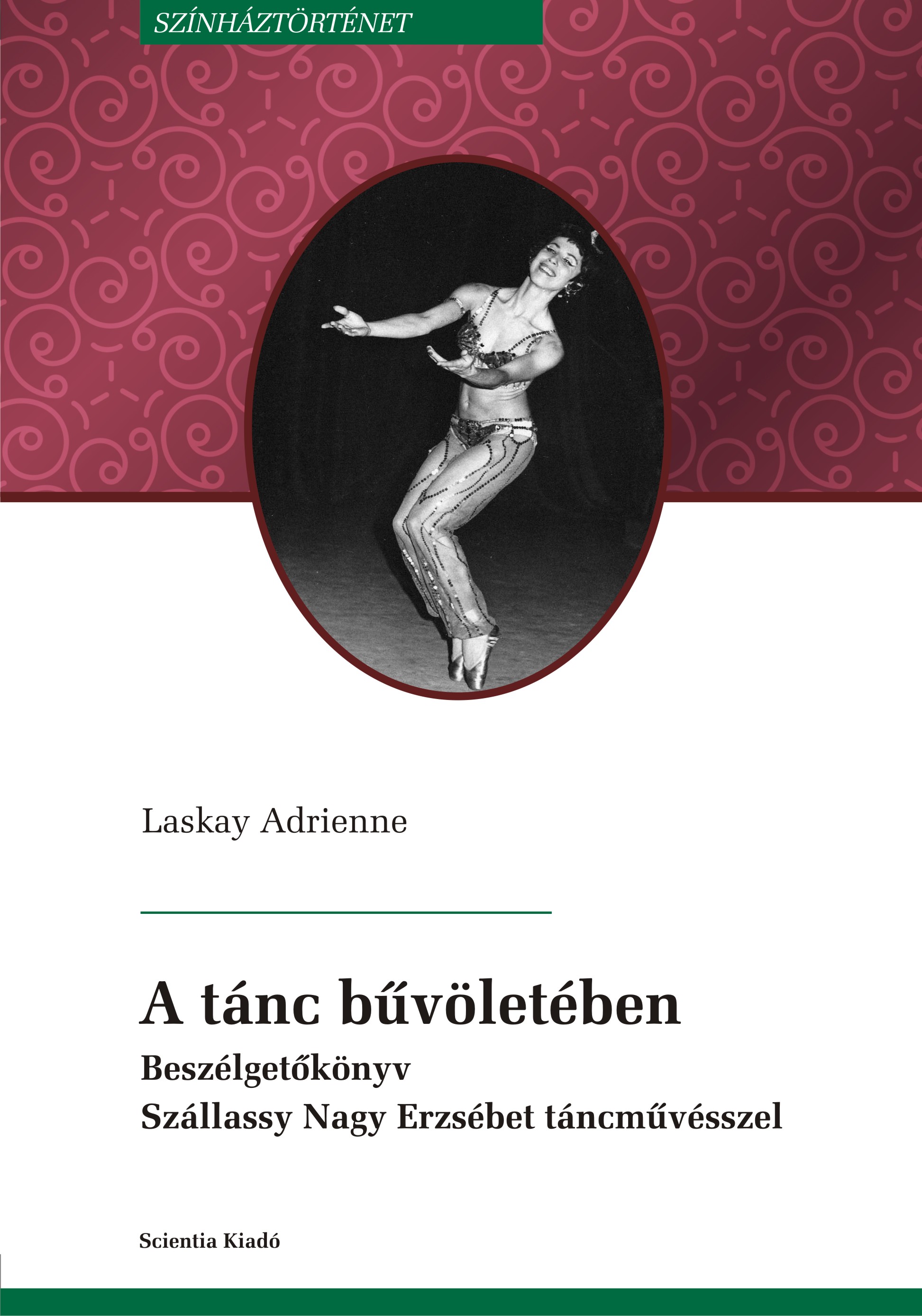
This volume is the result of conversations the author has had with dance artist Erzsébet Szálassy Nagy, giving an insight into the artist’s private life, shedding a light onto her family background (her father is the author of the workers’ life István Nagy, her mother is the sister of Béla Józsa, who died in martyrdom whilst incarcerated for his anti-war activities during World War II.), bringing into focus her career as an artist, her preparations for it, and her involuntary change of career, which luckily happened in her retirement years only. Moreover, the book provides a peek into topics related to the art of dancing, which are more or less hidden from the everyday audience. These are specialized topics that touch on the foundations of ballet, emphasize the role of music in the construction of movements, stress the importance of physical and psychological factors, illuminate the role of the choreographer in the composition of a performance, and point out the importance of the artistic methods of expression in the dramatic construction of ballet. Photos of her performances provide colour to the book, as well as recensions and reviews in the Appendix, complemented by the chronological listing of the artist’s roles in her repertoire.
More...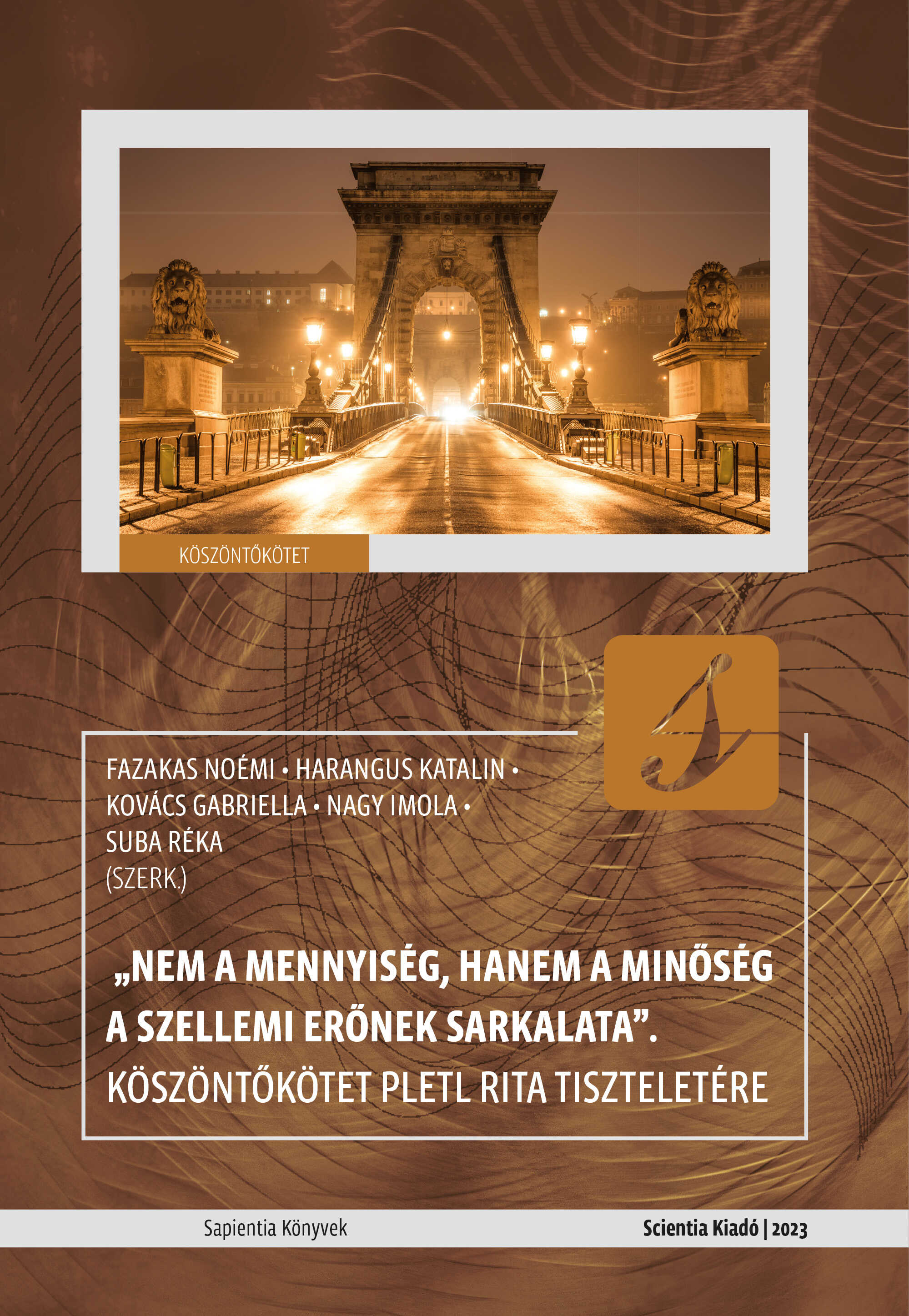
On Friday, 4 February 1983, spectators gathered for the premiere of Târgu-Mureş National Theatre’s Hungarian department. The performance entitled Egy öngyilkos világa was directed by Dan Alecsandrescu and is based on the drama signed by an autochthonous and even local author, Romulus Guga: Amurgul burghez (The Bourgeois Twilight). The analysis of this theatrical event shows the evolution of the interpretation of the contemporary local drama in the Ceauşescu period. I reviewed the semantic changes of the term, and I examined how they affected the repertoire of the theatre from Târgu-Mureş in that time.
More...